Key Lessons of the 2017 Local Elections in Croatia
The local elections in Croatia were held on 21. May 2017, in very turbulent political circumstances caused by the collapse of an unstable governing coalition between the ruling Croatian Democratic Union (HDZ) and the populist party The Bridge (Most). The troubled marriage between these two parties dates back to the 2015 parliamentary elections, when the newly established Most, led by Božo Petrov, the mayor of the small southern town of Metković, unexpectedly won 19 parliamentary seats. The media hailed them for achieving “what the third parties have been failing to do for the past 15 years,” calling them “a sensation” and “the real winners” of the 2015 parliamentary elections. Since neither of the two major parties (the Social Democratic Party (SDP) and the Croatian Democratic Union (HDZ)) won the necessary majority to form a government, Most used its newly acquired blackmail potential to side with the conservative HDZ and decide the winner of the election. Most seemingly conditioned its support on the implementation of “reforms,” and pursued its populist agenda by insisting on the appointment of a non-party Prime Minister. In the end, this leader materialized in the figure of Tihomir Orešković, a successful manager from the Israeli multinational pharmaceutical cooperation Teva, and a member of the Croatian diaspora. Tomislav Karamarko, the leader of HDZ at the time, had to satisfy himself with the position of First Deputy Prime Minister.
Marijana Grbeša
Marijana Grbeša is an Assistant Professor at the Faculty of Political Sciences, University of Zagreb. She received her PhD at the Faculty of Social Sciences, University of Ljubljana. Her research interests include political communication, political marketing and mass media research. She was the Head of School of Journalism and the Vice-Dean for Science and International Relations at the same Faculty. She provides political analysis for the leading Croatian newspapers.
Berto Šalaj
Berto Šalaj is Associate Professor at the Faculty of Political Science, Zagreb University. He has a B.A., M.A. and Ph.D in political science. He is currently teaching courses in Political Socialization and Political Education, Democracy and Civil Society and Social Capital and Civil Society in Southeastern Europe. He has published a number of articles on political culture, social capital, democracy and populism.





Marijana Grbeša
Marijana Grbeša is an Assistant Professor at the Faculty of Political Sciences, University of Zagreb. She received her PhD at the Faculty of Social Sciences, University of Ljubljana. Her research interests include political communication, political marketing and mass media research. She was the Head of School of Journalism and the Vice-Dean for Science and International Relations at the same Faculty. She provides political analysis for the leading Croatian newspapers.